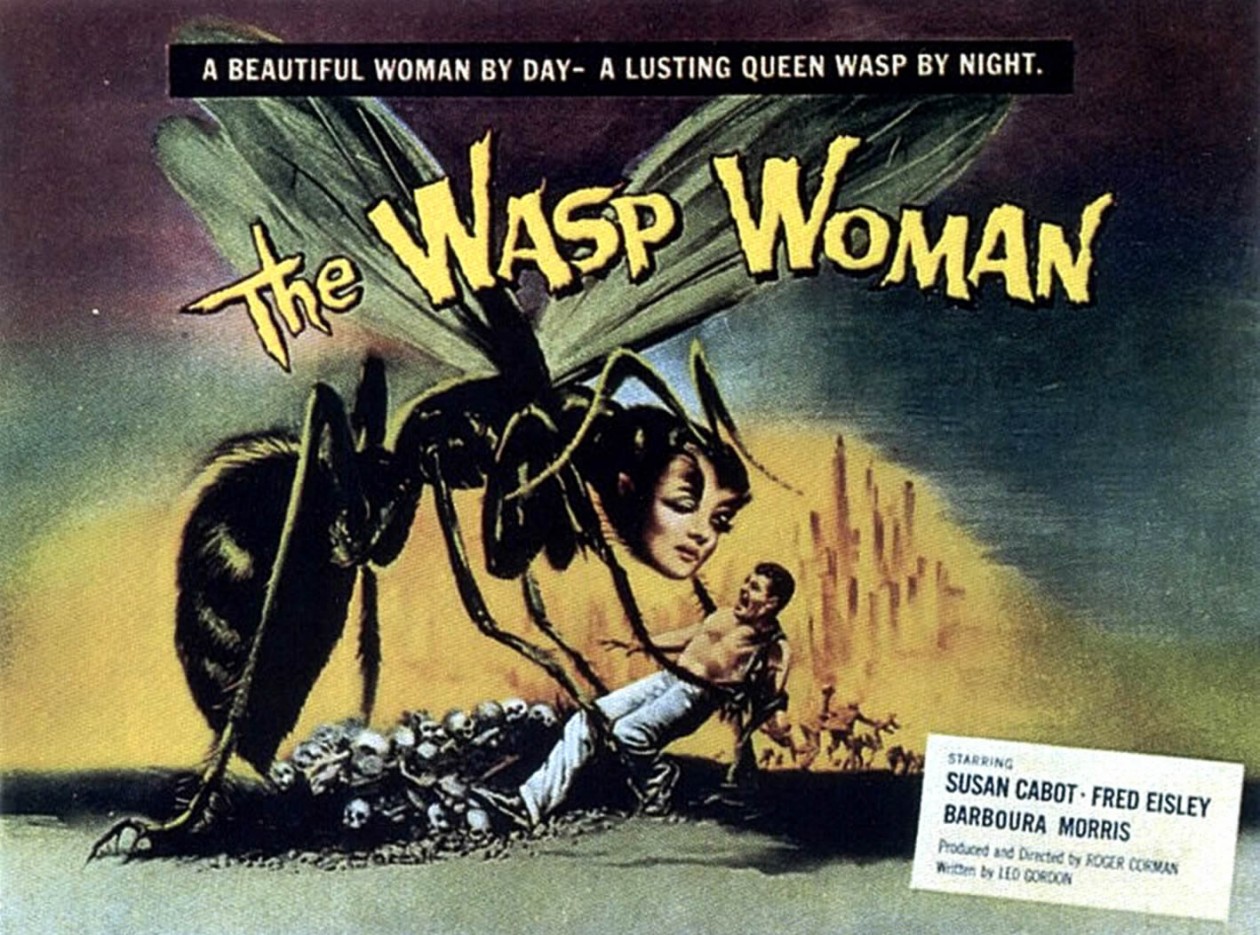Our discussion in class left me thinking a lot about the idea of feminism in music and I came to the conclusion that it’s hard to find a true female musician in today’s media that draw the same attention as Madonna(which anything I’ll say would be bias having a mother and grandmother who idolize her) or Sinead O’connor. Today the music industry is surrounded by sex appeal. Beyonce to me is not a feminist just because she has the words lit up behind her. That was in response to the events prior to the performance where it was revealed her husband Jay Z was in an altercation with Beyonce and her sister (all rumored) in a New York elevator. If you look at the events of the situation and how she handled it, Beyonce doesn’t show any feminist ideals. Rather she uses the term at the end of the performance to make viewers think she actually did something in response to the situation. On a musical level her lyrics are great for entertain and I myself am a Beyonce fan, but I don’t feel she does much for it.
Rather I look at artist like Lorde and Lupe Fiasco as feminist. That’s another thing that kind of threw me off was the focus on female musicians when some men have shown feminist ideals. Lupe Fiasco and Lorde have both done something we haven’t seen in recent years and that make the media and audiences uncomfortable. Lorde’s lyrics can be empowering at times like in her songs Royal or Team. Outside of music she makes statements that draw our attention like her criticism of the United States and other events.
Lupe Fiasco to me is a feminist as well as a social justice advocate. In his music he makes social critics and returns Hip Hop to its roots of jazz and storytelling and not the pure sex, money, and drugs mainstream Hip Hop is today. In his song Bitch Bad he talks about the use of the word Bitch in our society and how its double meanings can be hurtful yet empowering. He is educating us about this misuse and its danger which is more than many artist have done today. With that he faces a lot of backlash for the media and other rappers. He has been dropped from label and faced the same struggles that the musicians in the documentary faced. To me he is on small aspect of feminism, but just like all the others he is being pushed out since he cannot be branded like The Spice Girls or Beyonce.
To me today’s feminist in music would be
J. Cole
Lupe Fiasco
Mary J. Blige
Jhene Aiko
Lorde
